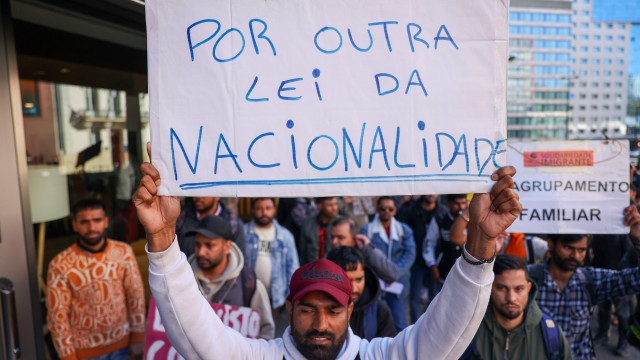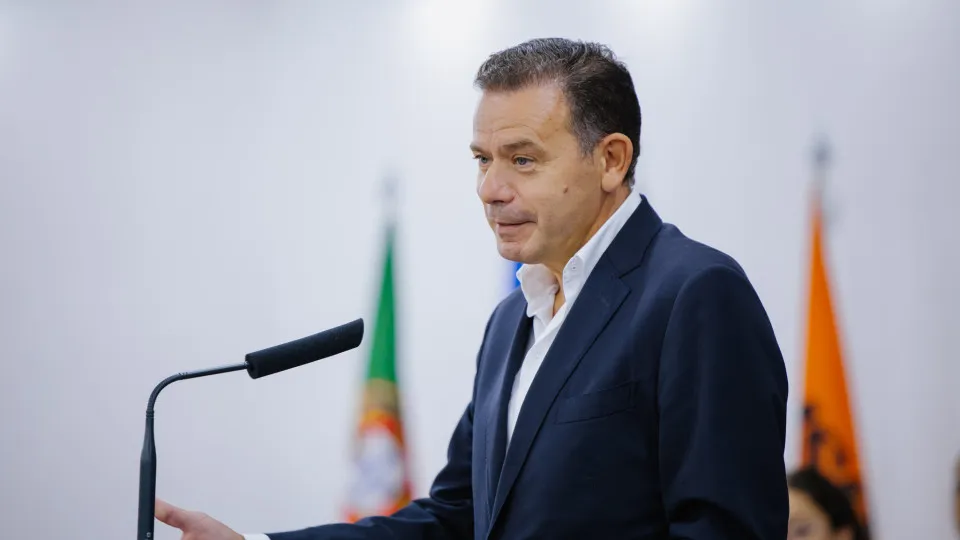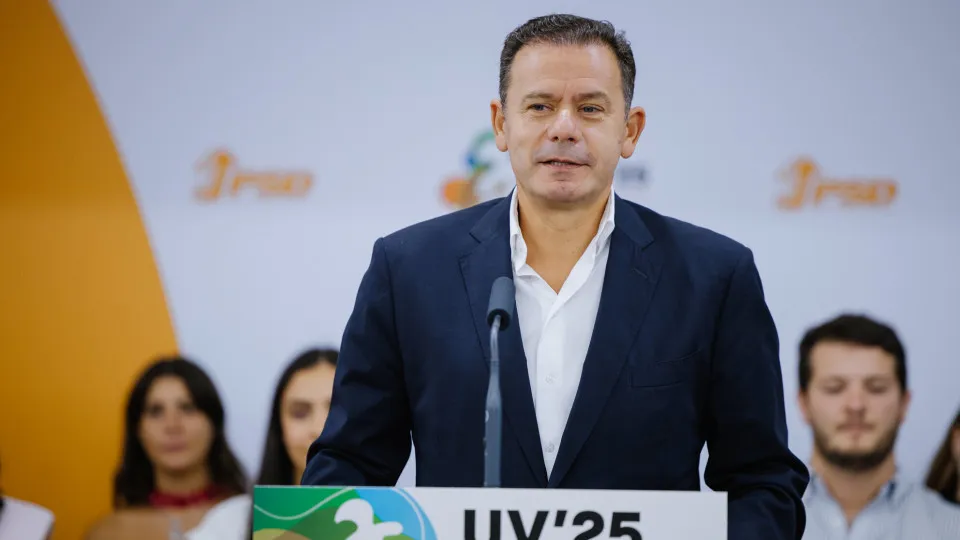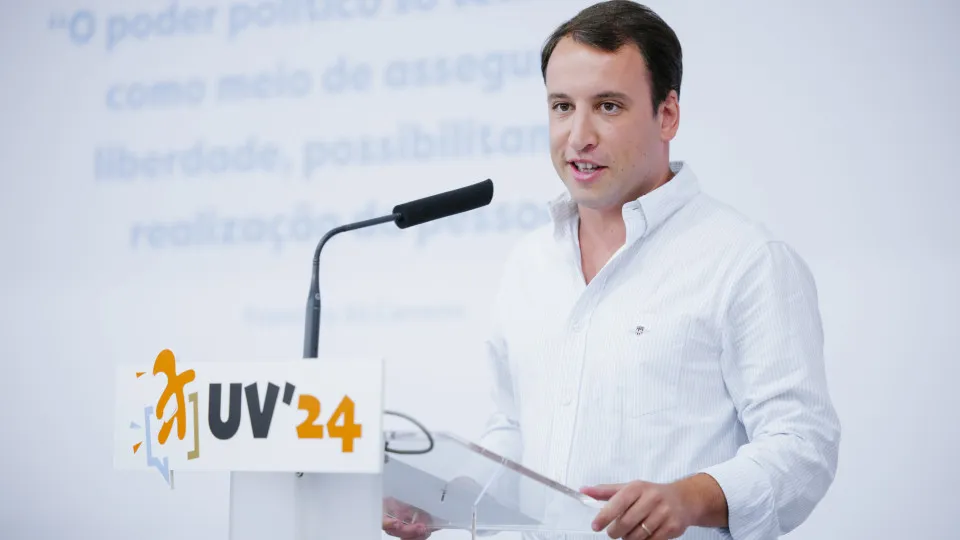Portugal has taken a significant step in reforming its immigration policy, moving towards a system of regulated and controlled immigration with a focus on humanism and balance, according to António Leitão Amaro.
During a campaign event in Caldas da Rainha, the Minister of the Presidency remarked that the country needed a border police, which has now been established, to regulate and control certain migratory flows.
Leitão Amaro emphasized the necessity for Portugal to steer immigration towards more qualified individuals, noting that past practices were unfair to those waiting years for documents and living in inadequate conditions.
He highlighted the negative impact on collective life, public services, and the dignity of immigrants themselves.

The changes to the legal framework governing the entry, stay, exit, and removal of foreigners were approved in parliament with the votes of PSD, Chega, and CDS, amidst criticism of missing mandatory opinions and the government’s haste.
Leitão Amaro defended against these criticisms, explaining that the government had submitted its proposal weeks ago, leading to a parliamentary process including hearings with the National Council for Migration and Asylum.
The recent establishment of a border police and regulation of migratory flows, within European directives and constitutional norms, are viewed as major decisions by the government aimed at transforming immigration policy.
These legal amendments were earlier passed by the Constitutional Affairs Committee, despite opposition from left-wing parties citing violations due to the absence of required opinions.
The minister argued that while more debate is possible, the country needed timely responses and criticized the left for misunderstanding past errors, emphasizing the importance of policies that genuinely respect the dignity of incoming individuals.
The law’s approval coincided with a summit of the Community of Portuguese Language Countries (CPLP) in Bissau, which has a mobility agreement including Portugal.
The new legislation imposes additional constraints and changes the entry process for some Lusophone citizens, requiring job-seeking visas except for highly qualified individuals.
Leitão Amaro assured that the rights of CPLP citizens remain privileged compared to others, and discussions have been held with several member states.
He pointed out the need to prevent scenarios where visitors claiming tourism intentions switch to residency halfway, a move understood by other governments and European authorities.




